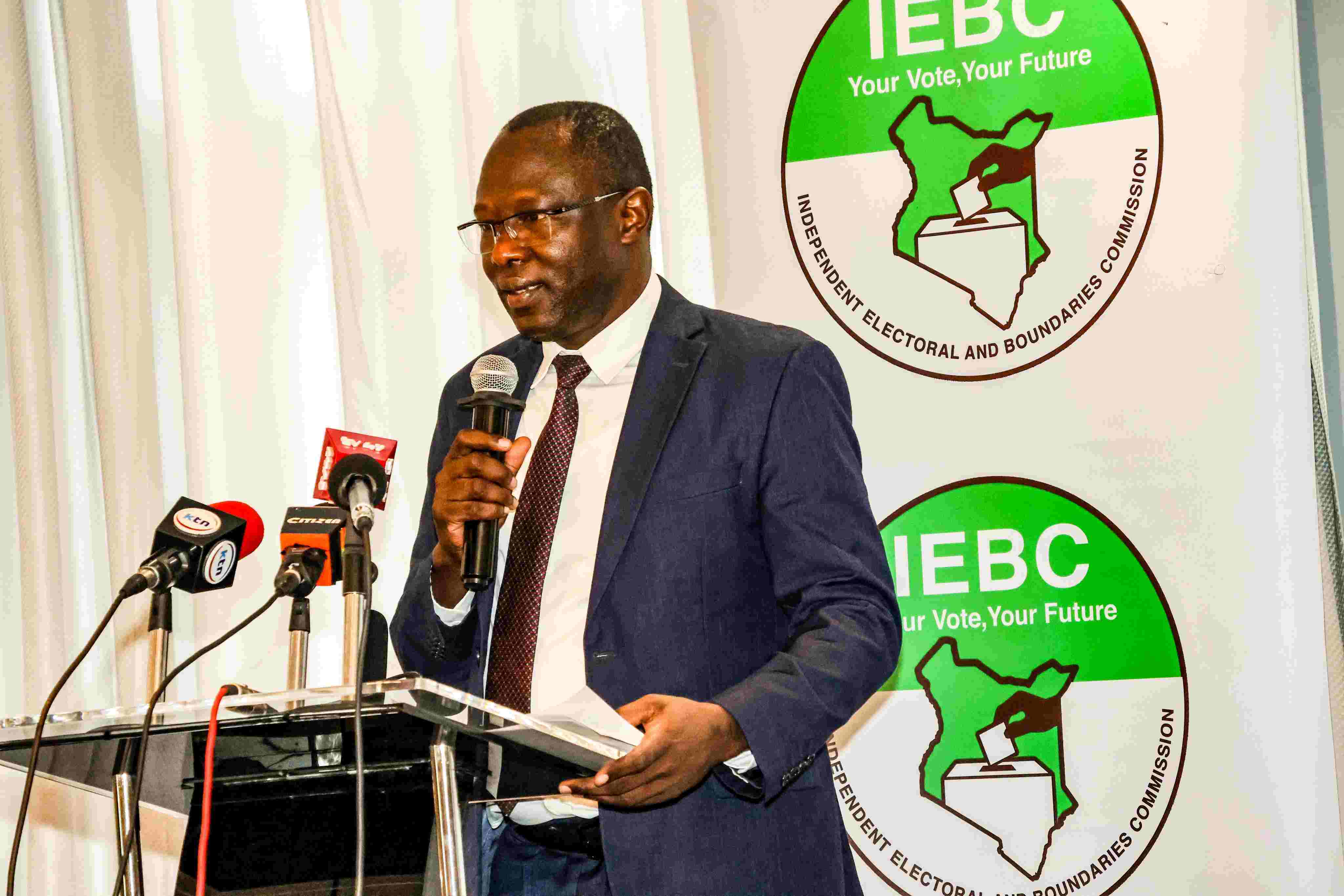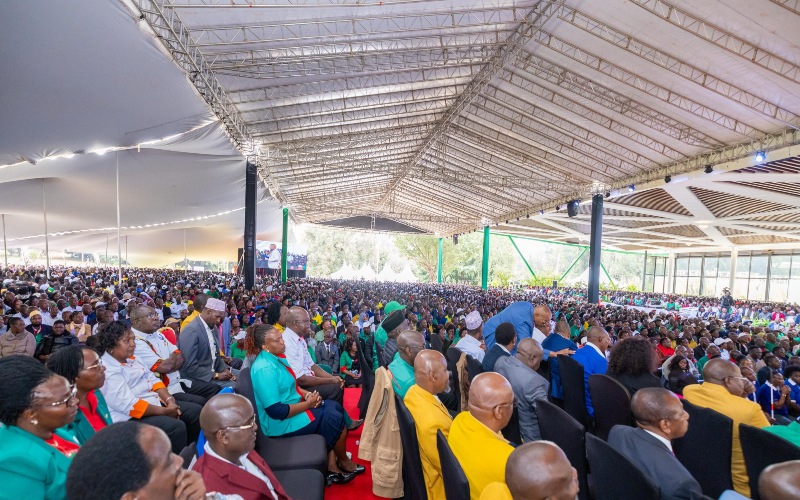Investors face three-year wait for full tax relief under proposed Finance Bill

Firms will only be able to deduct 50 per cent of the amount in the first year, with the remaining 50 per cent claimed in two equal instalments of 25 per cent over the following two years.
Companies might take three years to recover their investment tax benefits if the Draft Finance Bill, 2025, currently tabled in the National Assembly, is passed.
The National Treasury has proposed the amendment of the Income Tax Act by scrapping the current provision that allows businesses to claim a 100 per cent investment allowance in the year capital is spent. Instead, firms will only be able to deduct 50 per cent of the amount in the first year, with the remaining 50 per cent claimed in two equal instalments of 25 per cent over the following two years.
More To Read
- From detention to global recognition: Rose Njeri named in 2025 Time100 Next list
- KRA misses income tax target by Sh32.1 billion after double tax reforms on housing, SHA levies
- Treasury reports fastest tax growth in two years amid July protests
- High Court declines to hear petition on Treasury tax exemptions, says Supreme Court has jurisdiction
- High Court petition filed to halt Ruto's Finance Act, citing economic hardship
- New tax rules, spending plan take effect after Ruto assents to three key Bills
This means investors will have to wait longer to enjoy the full benefits of the tax incentive, a move that could discourage funding to key economic sectors such as manufacturing, hospitality, and special economic zones (SEZs).
Investment tax benefits are tax incentives offered for capital expenditures. They include wear and tear allowances, industrial building deduction, investment deduction and farm-work deductions.
Currently, an investor who incurs capital expenditure on building and/or machinery used for manufacture is entitled to an investment deduction equal to 100 per cent of the cost. For capital expenditures on building and/or machinery exceeding Sh200 million, if the investment is outside Nairobi, the investor can claim a 150 per cent allowance.
Experts argue that the new phased approach could water down the incentive's appeal, especially for investors who rely on quick tax relief to ease the cost of large-scale projects.
“This proposal means that capital allowances on capital expenditure relating to hotel buildings, buildings used for manufacture and machinery used for manufacture will be claimed at the rate of 50 per cent in the first year of use and the balance in equal instalments of 25 per cent, which is a slower rate of claim,” Alex Mathini, a law firm expert told Business Daily.
He added that key sectors such as manufacturing and hospitality rely on these tax incentives to attract significant funding, especially in areas outside the traditional investment hubs of cities like Nairobi and Mombasa.
The ripple effects could reach projects like the Konza Technopolis, Kenya’s flagship smart city initiative, which has already faced major delays. Its SEZ status was expected to help draw investors, but with slower tax benefits, the project might struggle to attract the needed capital.
Top Stories Today













































